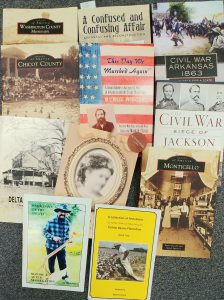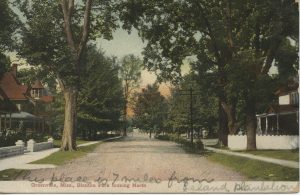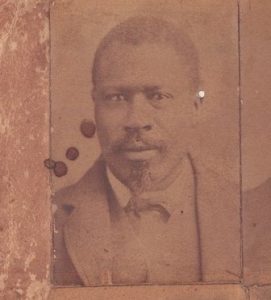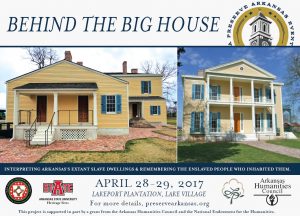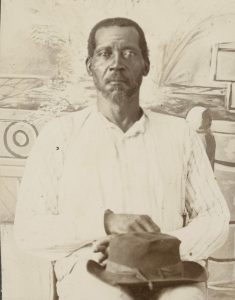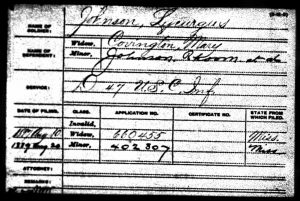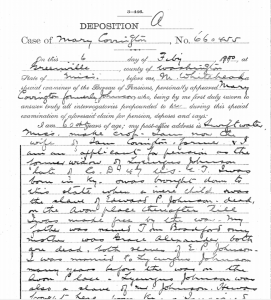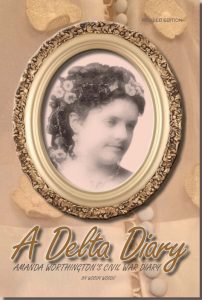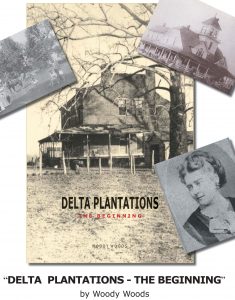History for the Holidays: Book Signing & Author Event
Saturday, December 8, 1 pm – 4 pm
Pick up a holiday present for your history buff on December 8 at the Lakeport Plantation. Local and regional authors will be on hand to sign copies of their books. Authors include:
Mark K. Christ of Little Rock, AR
Mark Spencer of Monticello, AR
Jim Woodrick of Ridgeland, MS
Woody Woods of Madison, MS
Princella Nowell of Greenville, MS
Robert Fulford of Dermott, AR
Blake Wintory of Lake Village, AR
Please bring cash or check. See books and prices below. Prices include tax. Hope to see you then!
Titles for Mark Christ:
Civil War Arkansas, 1863 ($22)
“This Day We Marched Again”: A Union Soldier’s Account of War in Arkansas and the Trans-Mississippi (ed. by Christ) ($24)
A Confused and Confusing Affair: Arkansas and Reconstruction (ed. by Christ; chapter by Blake Wintory) ($22)
Jim Woodrick:
The Civil War Siege of Jackson Mississippi ($24)
Woody Woods:
A Delta Diary: Amanda Worthington’s Civil War Diary ($22)
Delta Plantations: The Beginning ($22)
Princella Nowell:
Washington County, Mississippi (Images of America Series) ($24)
Mark Spencer:
Monticello (Images of America) ($24)
Mark will have other titles available, including– A Haunted Love Story: The Ghosts of the Allen House
Blake Wintory:
Chicot County (Images of America) ($24)
A Confused and Confusing Affair: Arkansas and Reconstruction (ed. by Christ; chapter by Blake Wintory) ($24)
Robert Fulford:
Growing Up on Yellow Bayou Book 1 ($12)
Growing Up on Yellow Bayou Book 2 ($12)
Dark Days of the South ($12)

